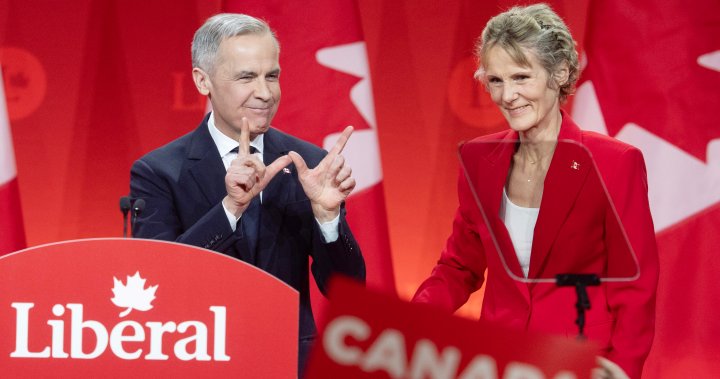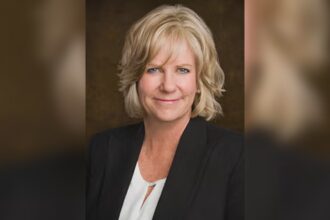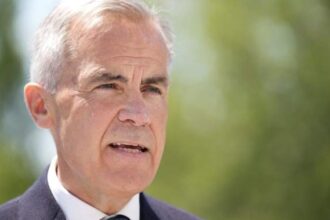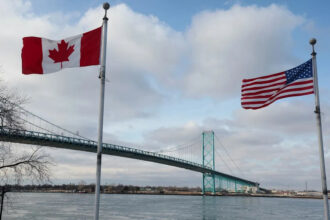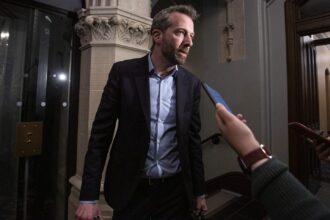In the wake of Mark Carney’s anticipated entry into Canadian politics, another formidable intellect is drawing attention: his wife, Diana Fox Carney. While her husband’s potential political ascension has dominated headlines, Fox Carney’s own impressive credentials as an environmental economist and advocate merit equal consideration in Canada’s public discourse.
The Cambridge-educated economist has built a career addressing climate change and sustainable development — critical issues that resonate deeply with many Canadians concerned about environmental policy. As research director at the Institute for Public Policy Research in the UK and through her work with the Canada 2020 think tank, Fox Carney has consistently advocated for innovative approaches to environmental challenges.
“Environmental protection and economic prosperity aren’t opposing forces—they’re interconnected necessities,” Fox Carney stated during a recent symposium on climate policy. Her nuanced understanding of this relationship has positioned her as a respected voice in climate circles, where she has challenged conventional thinking about how economies can transition to sustainable models.
What distinguishes Fox Carney in Canada’s environmental landscape is her practical approach. Rather than merely highlighting problems, she has consistently proposed actionable frameworks for addressing climate issues while acknowledging economic realities. This pragmatism was evident during her time at Canada 2020, where she helped develop policy recommendations that balanced environmental protection with economic considerations.
The potential of having such expertise adjacent to Canada’s corridors of power raises intriguing possibilities. With climate policy increasingly central to Canada’s political agenda, Fox Carney’s influence could prove significant if her husband pursues and achieves political office. Her background offers a stark contrast to the traditional political spouse role, suggesting she might carve out a more substantive advisory position.
“Having someone with Diana’s environmental expertise close to high-level decision-making could meaningfully shape Canada’s climate response,” notes Dr. Katherine Richardson, professor of environmental policy at the University of Toronto. “Her academic rigor combined with practical policy experience represents a valuable perspective.”
Fox Carney’s approach to public life has been characterized by thoughtful engagement rather than seeking the spotlight. Despite her husband’s high-profile roles, including his tenure as Bank of England governor, she has maintained focus on her own professional contributions while balancing family responsibilities with their four daughters.
As Canada grapples with defining its environmental and economic future, Fox Carney represents a model of engaged expertise that transcends traditional political categories. Her presence reminds us that meaningful policy advancement often requires voices that understand both the urgency of environmental action and the complexities of economic systems.
With climate change increasingly recognized as the defining challenge of our era, how might Fox Carney’s unique perspective influence Canada’s approach to building a sustainable future? The answer may depend on whether Canadian politics is ready to embrace expertise that challenges conventional thinking about the environment-economy relationship.

